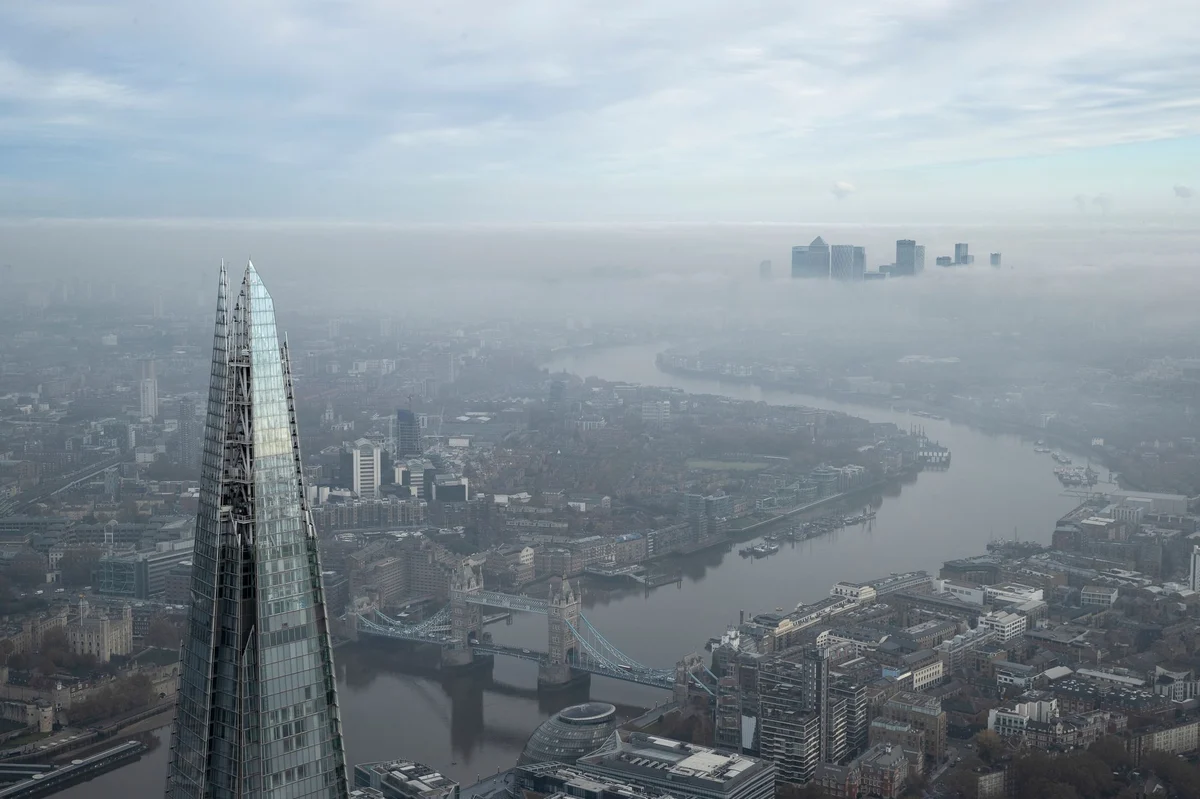Copyright standard

A mentally ill man jumped to his death in the River Thames after medical staff failed to act on warnings that he was planning to take his own life, an inquest has heard. Tony Duncan, 34, went to A&E at King’s College Hospital to get medical help for his mental health struggles, and had spelled out his plan for jumping from London Bridge if he did not receive support. But a coroner heard how a nurse minimised the risk of suicide, did not review Mr Duncan’s medication, and referred him back to his GP. The nurse also suggested Mr Duncan should speak to a homelessness team for support, despite his insistence that he was not homeless. Days later, Mr Duncan left home in the middle of the night and jumped from a bridge into the Thames. His body was recovered three days later on July 7 last year. Alison Hewitt, the Coroner for the City of London who oversaw Mr Duncan’s inquest, has now written to the Medical Director of the South London and Maudsley NHS Foundation Trust, raising concerns about the care he received before his death. She set out how Mr Duncan went to his GP for help in June last year after suffering acute symptoms of his mental health condition, complaining of a persistent headache and suicidal thoughts. He revealed to the doctor a specific plan to take his own life, and he was sent on to A&E at King’s College Hospital with a letter requesting an assessment of his mental health, suggesting possible admission to a ward, and asking for his medication to be reviewed. The Coroner said Mr Duncan was assessed by a psychiatric liaison nurse who “decided that his presentation resulted principally from his social circumstances rather than his mental illness, and he was discharged back to the care of his General Practitioner. “The assessment took no account of the Deceased’s reported plan to end his life by jumping from a bridge if he did not receive clinical treatment or support.” The court heard Mr Duncan was “in a distressed state” on July 4 when he left home with his belongings, and at around 3am he jumped into the river. “It is likely that he died within a short time of entering the water”, said the coroner, recording the cause of his death as “submersion”. Ms Hewitt pointed out the health trust knew about Mr Duncan’s health difficulties, and there was evidence that he was prone to suicidal thoughts without medical intervention. Mr Duncan had previously spent time in hospital for mental health treatment and had been the subject of past referrals on safeguarding grounds. “By May 2024, there was evidence that he was suffering an acute deterioration in his mental health which he subsequently reported was because he had not been properly compliant with his prescribed medication for a number of weeks”, said the coroner. “He recognised the deterioration in his mental health, that he was suffering specific suicidal ideation relating to jumping from London Bridge, and that he needed help from mental health services, including by voluntary admission to hospital.” Mr Duncan made several efforts to get help, and the A&E notes reviewed at the inquest had recorded his “specific suicide plan”, together with the GP’s referral letter. “The nurse did not take any steps to review the Deceased’s medication or consider admission, or escalate these matters to a doctor, nor did she involve the Crisis or Home Treatment teams for follow up or immediate safeguarding”, wrote the Coroner. “Despite there being a recognised risk to self and to others, both of which the Deceased himself said he could not control, there is no evidence of any risk assessment documentation being completed.” When Mr Duncan saw a social worker at the hospital from the homelessness team, he made it clear he was not homeless and they went back to speak to the psychiatric liaison team. “Whilst still in the department, (he) became agitated and abusive, which was a recognised aspect of his behaviour when he was unwell. “It seems he later left the department and/or was escorted out as he was being abusive - the records show that at least one member of the psychiatric liaison team was aware of this development but took no action to prevent the Deceased from leaving or to encourage him to stay in order to re-assess him, nor to alert the Crisis and/or Home Treatment teams, the GP, or the Deceased’s family as to the situation.” The health trust conducted an internal review following Mr Duncan’s death, looking at the Single Point of Access service which he had used to try to get mental health support. But the review had not “identified any concerns about the management of the Deceased by the psychiatric liaison team”, said the coroner, who recorded and inquest verdict of suicide. The health trust has been given until December 10 to respond to the coroner’s concerns. The Standard has reached out for comment. If you are experiencing feelings of distress, or are struggling to cope, you can speak to the Samaritans, in confidence, on 116 123 (UK and ROI), email [email protected], or visit the Samaritans website to find details of your nearest branch.



